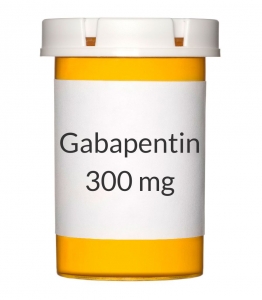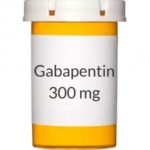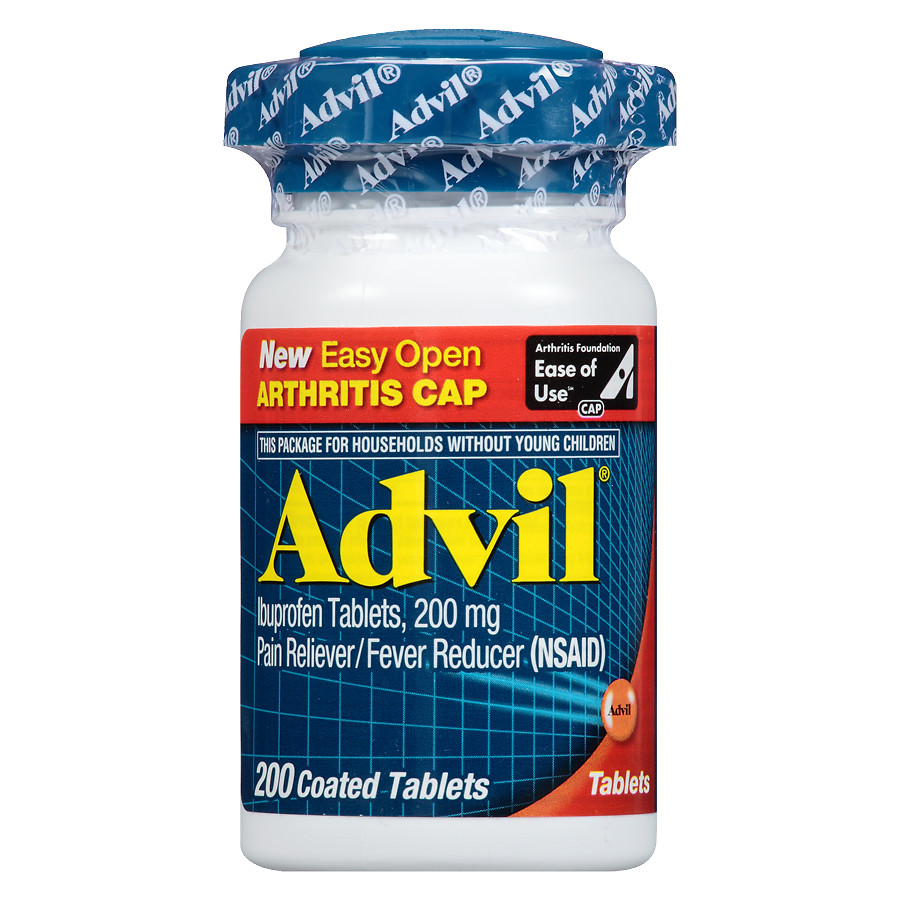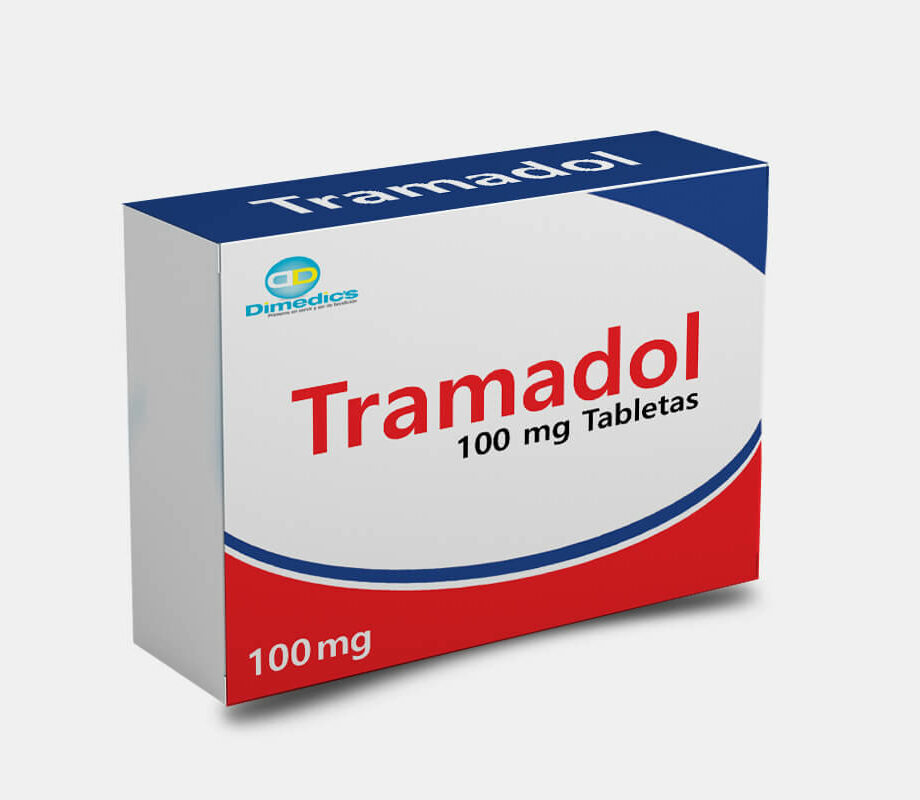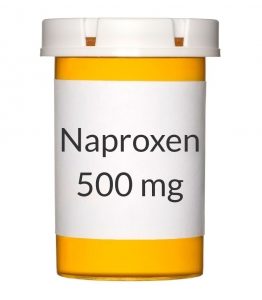How Neurontin (Gabapentin) Works
Gabapentin works primarily by affecting the nervous system. It binds to a specific subunit of voltage-gated calcium channels in the brain and spinal cord, reducing the release of excitatory neurotransmitters. This action helps suppress the overactive or abnormal electrical signals that may cause seizures or neuropathic pain.
For patients with epilepsy, Gabapentin helps to prevent the occurrence of seizures by stabilizing the electrical activity in the brain. In the case of neuropathic pain, it dampens the pain signals being transmitted by the damaged nerves, offering relief to patients suffering from conditions like diabetic neuropathy or postherpetic neuralgia.
Additionally, Gabapentin affects the central nervous system, which is why it can help alleviate other conditions such as anxiety disorders and insomnia in some patients, though these uses are off-label and should be discussed with a healthcare provider.
Uses
Neurontin (Gabapentin) is used to treat a variety of conditions, including:
- Seizure Disorders: Gabapentin is often prescribed as an adjunctive treatment for partial seizures, particularly when other anticonvulsants are not effective enough.
- Neuropathic Pain: Gabapentin is commonly used for pain caused by nerve damage. It is effective for conditions like:
- Diabetic neuropathy
- Postherpetic neuralgia (pain after shingles)
- Peripheral neuropathy (nerve damage outside the brain and spinal cord)
- Restless Leg Syndrome (RLS): Gabapentin is sometimes prescribed for RLS to help reduce discomfort and improve sleep.
- Fibromyalgia: Some doctors prescribe Gabapentin to help manage the pain and other symptoms of fibromyalgia, a chronic condition that causes widespread musculoskeletal pain.
- Off-label Uses: Gabapentin is also used off-label for treating conditions like anxiety disorders, insomnia, and even as part of the treatment for alcohol dependence, although these uses should only be pursued under medical supervision.
Benefits
Neurontin offers numerous benefits, particularly for individuals suffering from neurological conditions. Here are the key benefits of the medication:
- Effective Pain Relief: Gabapentin is widely known for its ability to relieve nerve pain, which can be difficult to manage with other types of pain medications. For those with diabetic neuropathy or postherpetic neuralgia, it can significantly reduce pain levels and improve quality of life.
- Seizure Control: For individuals with epilepsy, Neurontin can help manage partial seizures, reducing their frequency and severity when other treatments may not be sufficient.
- Improved Sleep: Gabapentin can improve sleep quality by reducing the discomfort associated with conditions like RLS and fibromyalgia, allowing patients to rest more soundly.
- Flexibility in Use: Neurontin is available in multiple forms (capsules, tablets, and liquid), making it adaptable to different patient needs, including those with difficulty swallowing pills.
- Lower Risk of Dependence: Compared to opioids or other pain medications, Gabapentin has a lower risk of dependence or addiction, making it a safer alternative for long-term pain management.
Side Effects
Like all medications, Neurontin (Gabapentin) can cause side effects. Not all patients will experience side effects, but some may encounter mild to severe reactions. Common side effects of Gabapentin include:
- Dizziness and Drowsiness: One of the most common side effects, which may affect your ability to operate vehicles or heavy machinery.
- Fatigue: Some users may feel unusually tired or lethargic.
- Peripheral Edema: Swelling of the limbs or ankles.
- Nausea and Vomiting: Mild stomach upset may occur.
- Weight Gain: Some people may experience slight weight gain while on Gabapentin.
- Coordination Problems: Difficulty with movement and coordination can sometimes occur, leading to falls in older adults.
Serious side effects, though rare, include:
- Mood or Mental Changes: Such as anxiety, depression, or suicidal thoughts.
- Severe Allergic Reactions: Rash, swelling, or difficulty breathing.
- Increased Risk of Seizures: If you stop taking Neurontin suddenly, seizures may increase or become more severe.
It’s important to contact your doctor immediately if you experience any severe side effects.
Recommendations for Safe Use
- Start with a Low Dose: Your doctor may start you on a low dose and gradually increase it to minimize side effects like dizziness or drowsiness.
- Take as Prescribed: Always take Gabapentin exactly as prescribed, without missing doses or altering the dosage.
- Monitor Kidney Function: Gabapentin is primarily excreted by the kidneys, so individuals with kidney problems may need dose adjustments. Regular kidney function monitoring is important.
- Avoid Alcohol: Alcohol can increase the sedative effects of Gabapentin, leading to dangerous side effects like extreme drowsiness or difficulty breathing.
- Do Not Stop Abruptly: Stopping Gabapentin suddenly can lead to withdrawal symptoms or an increase in seizures. Always consult your doctor before discontinuing use.
Safety Precautions
- Pregnancy and Breastfeeding: Gabapentin should only be used during pregnancy if the benefits outweigh the risks. It is excreted in breast milk, so discuss with your doctor if you are breastfeeding.
- Driving and Operating Machinery: Gabapentin may impair your ability to drive or operate machinery due to its sedative effects. Avoid such activities until you know how the drug affects you.
- Alcohol Use: Limit or avoid alcohol while on Gabapentin as it can amplify side effects like dizziness and drowsiness.
Frequently Asked Questions (FAQs)
What is Neurontin used for?
Neurontin is used to treat neuropathic pain, seizures, restless leg syndrome, and fibromyalgia. It is also prescribed for off-label uses like anxiety and insomnia.
Can Neurontin be used for anxiety?
While not FDA-approved for anxiety, some doctors prescribe Gabapentin off-label to help manage anxiety symptoms.
How long does it take for Neurontin to start working?
Although Neurontin’s effects can be felt within a few hours, optimal therapeutic effects, especially for chronic pain management, may take several weeks.
Can I take Neurontin with other medications?
Neurontin may interact with certain medications. Always inform your doctor of all your drugs, including over-the-counter medicines.
Is Neurontin addictive?
Gabapentin has a lower risk of addiction compared to opioids, but misuse or overdose can still be dangerous.
Can Neurontin cause weight gain?
Weight gain is a possible side effect of Neurontin, though it doesn’t happen in every patient. Speak with your doctor if this becomes a concern.
How long does it take to deliver Neurontin to the US?
International shipping of tablets to the US takes approximately 14 to 25 days. For domestic shipping, the estimated delivery time is up to 10 days.
Do I need a prescription to buy Neurontin?
While we offer the option to buy tablets without a prescription internationally, we strongly recommend consulting your physician and seeking medical advice before taking any medication.
Important Note:
Purchasing Neurontin (Gabapentin) online from USA-Pharmacy is simple and secure for US customers. It accepts trusted payment methods like Visa, Mastercard, and PayPal, which protect transactions and keep information safe. Customers benefit from guaranteed delivery, with a full refund offered if orders do not arrive as expected, fostering trust in online medication purchases. Responsive customer support is available via email at [email protected], typically responding within 48 hours to any medication or order status question.
